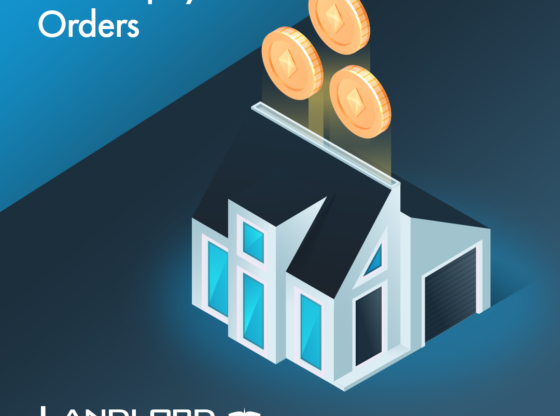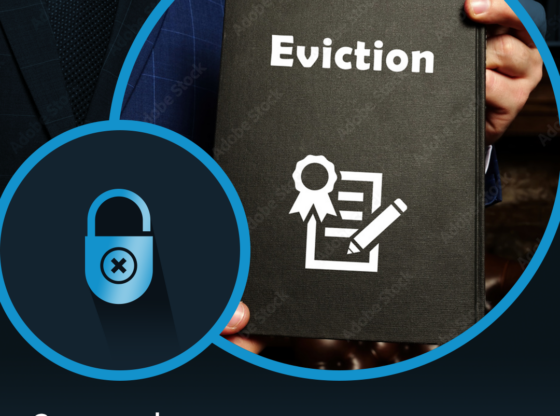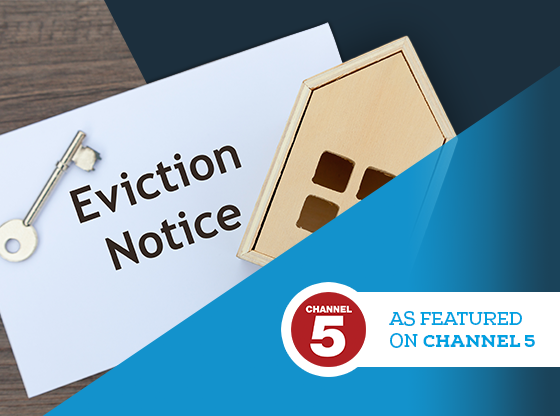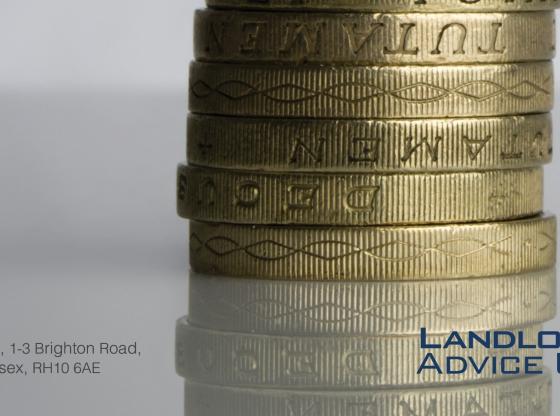Commercial Rent Arrears Recovery (CRAR)
As of 25 March 2022 all previous restrictions as to the recovery under The Commercial Rent (Coronavirus) Act 2022. This Act set out the new rent arbitration procedure that dealt with ‘Protected Rent Debt’. This was to protect tenants in certain sectors where they were forced to close by the government between 21st March 2020 and 19th July 2021.
This ended 23rd September 2022 and the use of CRAR went back to how it was pre pandemic as set out in 2013 Taking Control of Goods Regulations. Also forfeiture went back to the pre pandemic position.
CRAR is only available to landlords of written leases of commercial premises. Commercial Rent Arrears Recovery (CRAR) will not be available where premises are let or occupied as a dwelling (unless the residential occupation is a breach of the lease).
CRAR can only be used to recover rent, VAT and interest, but not other sums such as service charges or insurance, irrespective of whether they are reserved as rent.
Before CRAR is exercised, seven clear days’ notice of enforcement, in the prescribed form, calculated excluding Sunday, Christmas Day, Good Friday and bank holidays must be given to the debtor. This period can be shortened by order of the Court insofar as it is satisfied that without such order it is likely that the goods will be moved to avoid being taken control of.
CRAR can only be exercised if the outstanding sums, less interest due under the lease, VAT and any set-off a tenant is entitled to make, exceed the minimum amount of 7 days rent.
The enforcement agent exercising CRAR must be certified and is only permitted to take control of goods belonging to the debtor.
Goods necessary for the debtor’s personal use or in connection with their employment, business trade, profession, study or education are exempt up to an aggregate value of £1,350.Items in use by the debtor may not be taken control of if such action is likely to result in a breach of the peace.
The enforcement agent may not take control of goods which have a value which is more than the debt together with the costs.
The enforcement agent must wait at least 7 clear days before sale can take place and also give 7 clear days’ notice to the debtor unless the goods would otherwise become unsaleable or their value substantially reduced.
Where the landlord has the right to exercise CRAR against his tenant and there is a sublease in place, the landlord may instead serve notice on the subtenant requiring the subtenant to pay its rent direct to the landlord.
That notice will take effect 14 clear days after service on the subtenant and will transfer to the landlord the right to recover, receive and give a good discharge for the rent which is paid by the subtenant under the sublease.
If the subtenant makes a payment under such notice then he may deduct that amount from the rent that he would otherwise pay to his immediate landlord.
If the subtenant who has been served with notice fails to pay the amount claimed in the notice, the landlord may then exercise CRAR against the subtenant.
If you wish to use the CRAR process, Landlord Advice UK works with Global Enforcement Solutions, who offer a wide range of enforcement services using their certified enforcement officers.











